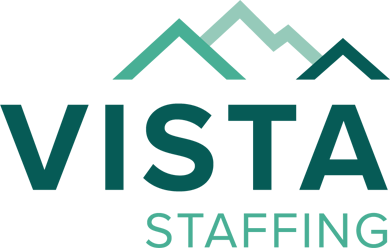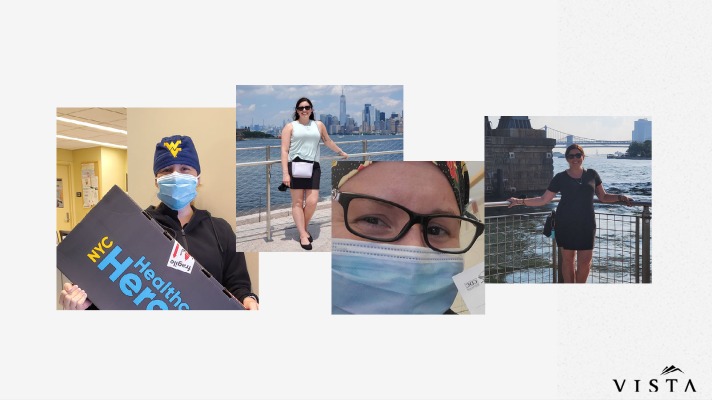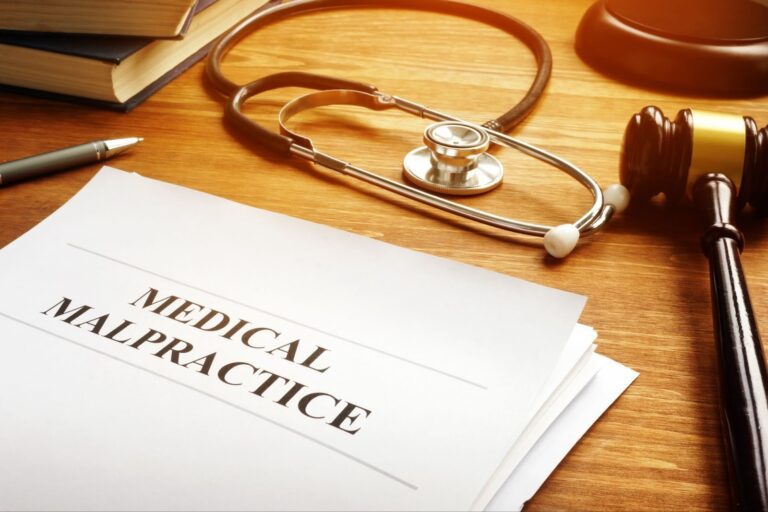5-Step Process for Getting Licensed in a New State

There are a number of benefits to working locum tenens, notably the ability to travel from state to state for various assignments. The downside: you may need to obtain a medical license in the state you choose to work.
The licensing process varies by state. While some medical boards are able to deliver licenses within a two-week period, larger states like California and New York could take several months. The Interstate Medical Licensure Compact (IMLC) can even help clinicians become licensed in multiple states sooner than through standard licensure.
Despite the state-specific requirements or route you take, there are a few factors that hold true for every locum tenens clinician when getting licensed in a new state:
5 Key Steps of Standard Licensure
1. Determine Your Eligibility
Understanding your eligibility is key, as it varies by state depending on several factors, including:
- Whether your medical school has been approved by the state
- The length of post-graduate training you’ve had and if it was done in the US
- Any limitations on your licensure examination and when it was taken
- When you took the USMLE
- If you have ABMS certification
This is the first step to acquiring a new state license and it’s critical in assessing locum tenens opportunities.
2. Organize Your Documents
Licensing boards ask for certain documents on a routine basis, such as diplomas, certificates, CME records, malpractice history, and licenses from other states. This information is needed for verification and malpractice documentation. The verification process includes verifying the following information:
- Medical education
- Post-graduate training
- Hospital affiliation/work history
- Scores from licensing exams
- All current and past state licenses
- Professional statement on history of malpractice, discipline, and mental health issues that could affect or limit your ability to provide competent medical care
- ECFMG for all international graduates
Depending on the state, additional verifications and requirements may be needed.
3. Contact Your References
As part of the process, licensing boards must reach out to your references to verify certain information. Notifying your peer references and other sources of the pending verification request can help expedite the process. They can anticipate the call and prepare the necessary information in advance to help with verification.
4. Follow Up
Once you’ve made initial contact, following up on all verifications is usually necessary to move the process along, assuring a response to the licensing board is completed. In some cases, the board will void incomplete applications after 60 days. To keep the process on track, continue checking in until the verification process is finalized.
5. Wait
As licensing varies by state and other factors, the waiting process can be tenuous. Unprepared documentation, unresponsive references or incomplete verifications could severely impede the progress of your application. Taking the steps to make sure everything is in order before you start the licensing process is key.
Applying for Licensing Through the IMLC
Physicians that qualify for the IMLC can have an expedited application process that makes it easier for them to obtain licenses to practice in multiple states. The Compact is an agreement between 24 states and 1 territory and their 31 Medical and Osteopathic Boards, allowing these states to share important information. Since the launch of the IMLC, VISTA’s licensing process has averaged about 6-7 weeks from start to finish. To learn more about the expedited licensure process through the Compact, check out IMLC Licensure Questions: Answers from a VISTA Licensing Manager.
Obtaining a new state license can be a long process – especially if you don’t qualify for the Compact. But an experienced locum tenens agency can handle the licensing process for you, saving you time and stress. Locum tenens recruiters are especially helpful in contacting and following up on verifications, allowing clinicians to focus solely on delivering great care to their patients.









